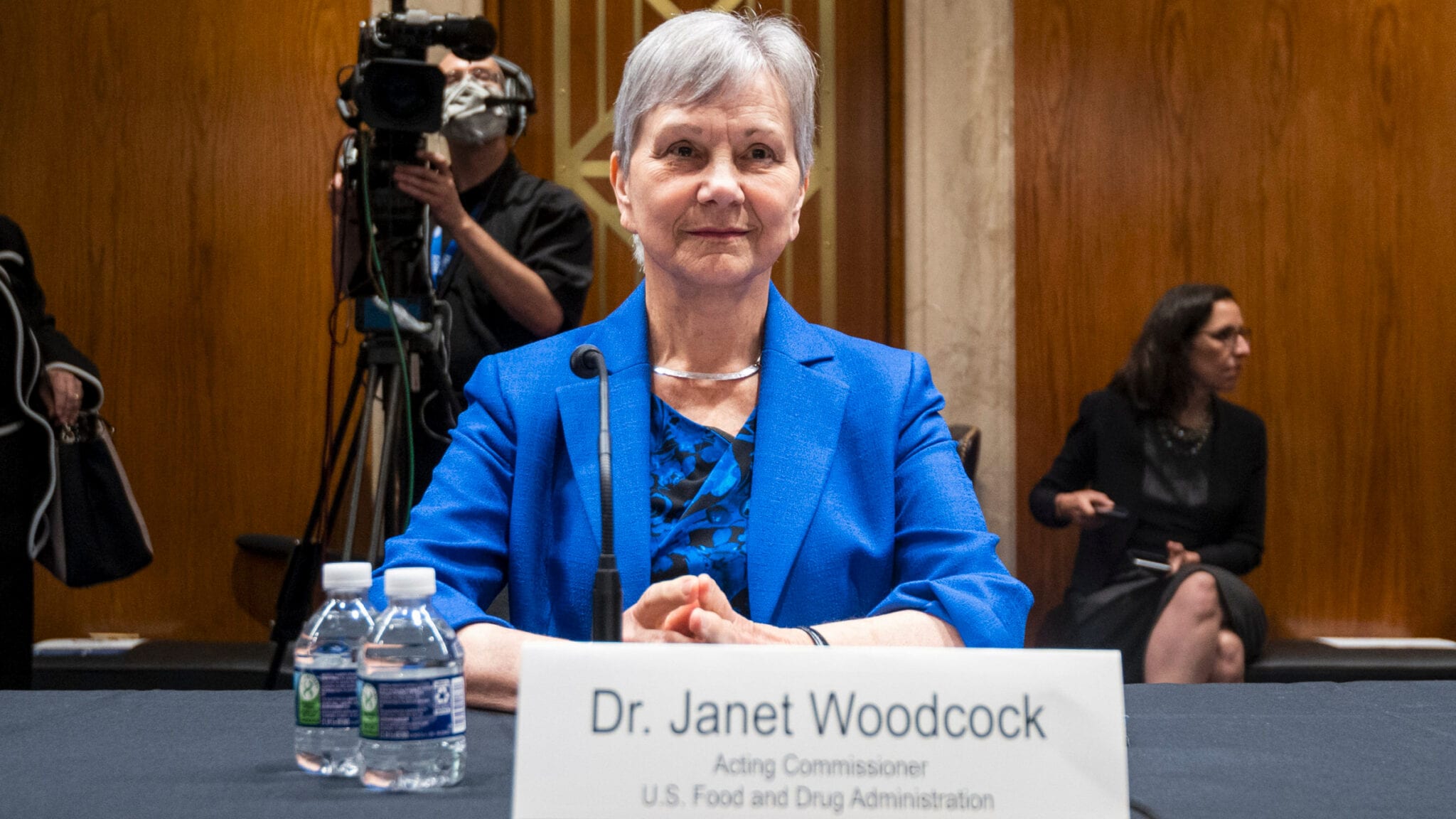
FDA head Janet Woodcock raises patent-related concerns to PTO director
While matters of drug pricing may not fall squarely under the FDA’s purview, acting FDA commissioner Janet Woodcock made clear the agency’s concerns around patents and competition, according to a letter sent Friday to the US Patent and Trademark Office.
The letter, addressed to Andrew Hirshfield, under secretary of commerce for intellectual property and director of the US PTO, said the FDA is concerned that some companies are filing so-called “continuation” patent applications, which can allow a filer to pile on follow-on patents on one drug, creating a thicket of patents to block or intimidate the competition. While Woodcock did not mention AbbVie by name, the term patent thicket is often used in association with the company’s dozens of patents covering its blockbuster rheumatoid arthritis drug Humira.
Unlock this article instantly by becoming a free subscriber.
You’ll get access to free articles each month, plus you can customize what newsletters get delivered to your inbox each week, including breaking news.